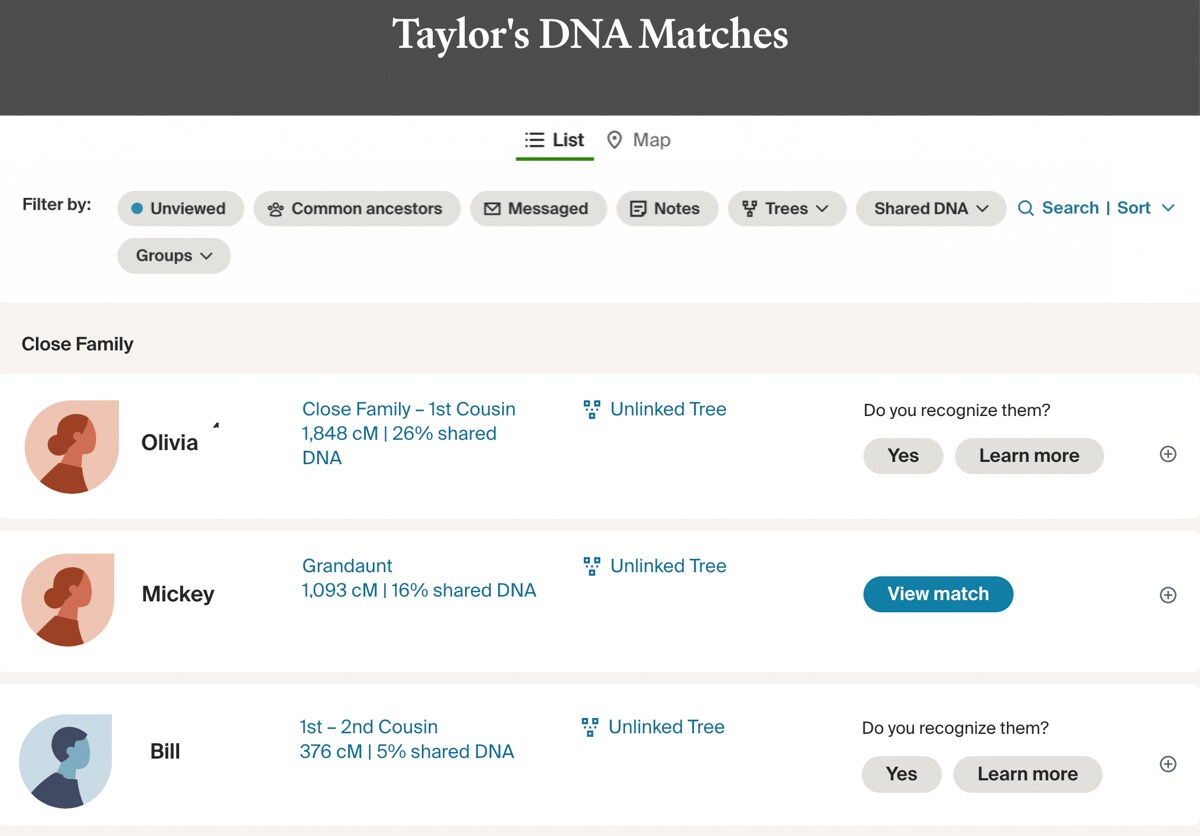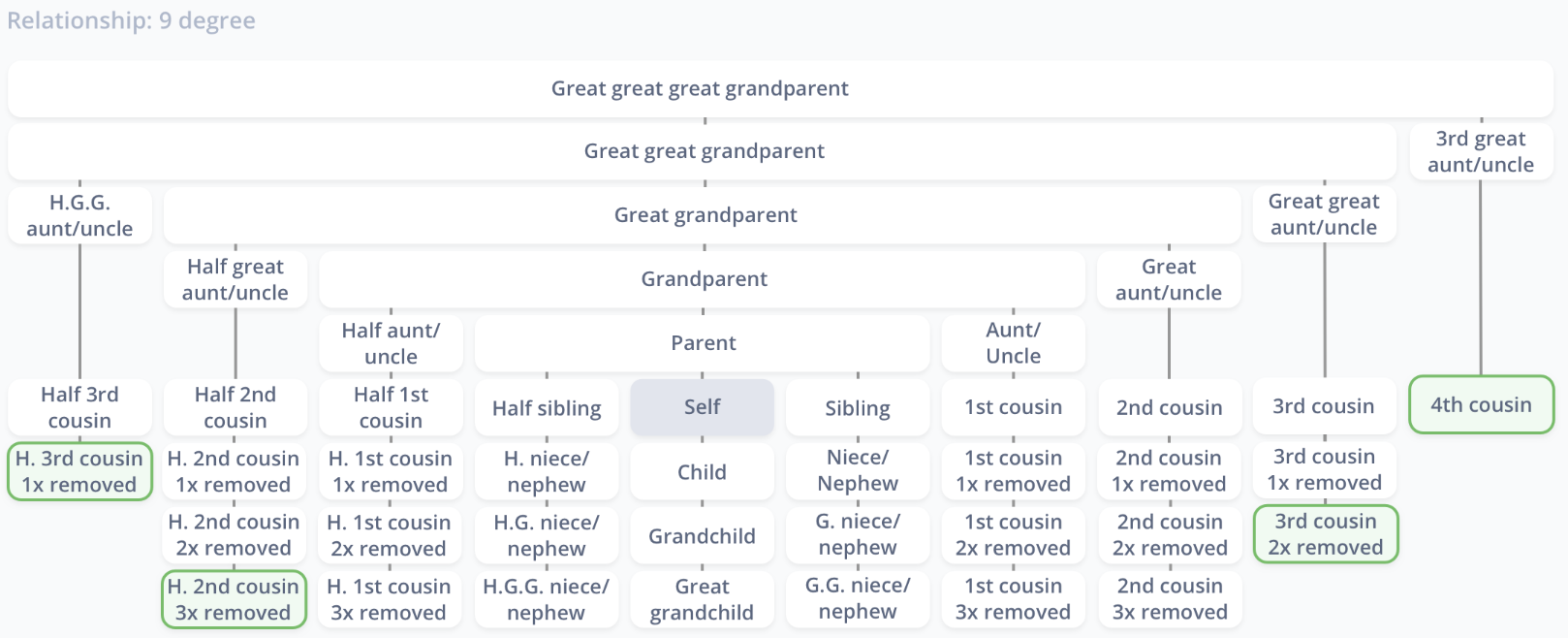
Yes, I-P37 is very old, so those men are spread all over the Europe. Mind you our closest Y match is 2 steps at 37 markers.Thank you for clarification. Other Y matches are scattered from Russia to Germany to Romania, Croatia, Hungary, all with different surnames. Coincidentally, the male cousin I tested IS I-P37, though I understand thats a less common haplogroup in Latvia. I have traced my family back to just before that surname acquisition point, so i didnt really expect to find any Y matches with a matching surname. Peasantry acquired surnames in the early half of the 1800's. I generalized when I said Eastern Europe just to keep my post light, apologies. The above is a repeat of my earlier post with some minor corrections. Uncorrected clerical error (and that is a very broad category). People changing names to escape prosecution (for example peasants, servants, slaves or soldiers running away). And given that a widow with a farm often married after 30 days, that would not be anything uncommon. I have never fully researched that angle, but it appears to me that the prevailing rule tended to be that when a child was born within 6 months from the date of the marriage, then it was a legal child. Posthumous child receiving family name of his mother new husband.

Even today, one enters the French Foreign Legion under a new name. Entering military service under an assumed name was happening through centuries for a variety of reasons. In the example of a Polish singer Anna German, her father family name was Hörmann, in Russia his family name was being written using the Cyrillic script as Герман, upon transliteration back into the Latin based Polish alphabet that became German.į. A family name at first being written in an alphabet derived from Latin, then in a non-Latin alphabet, and then again in the original alphabet.Their names were adjusted to conform to the rules of the local language, or translated into the local language or sometimes simply changed. For example, many Scots migrated at the beginning of the 16th century to Europe. In Spain rules were different, so if the family branch spent some time there. In the 19th and 20th century, when changing the family name of a male upon a marriage was not possible, there are known cases of men legally changing their surname to that of his future wife, while still bachelors.Īn easy to understand example: a man marrying the only daughter of an established innkeeper.ĭ.

Then it became again legally possible in the 20th century, albeit at different times in various countries. This about a custom predating the 19th century bureaucracy with its strict rules. It is known to occur quite frequently in at least England, Germany and Poland. That was rare, but not incidental, and is well documented to happen. Family alias becoming the family name (some very good examples can be found in the forum).Ĭ. Nowadays, a child may want to start a new life using his or her mother maiden family name, and that was happening in the past centuries too. not wanted to be associated with own family, starting a new life). A voluntary name change due to religious or personal reasons (e.g. Some of the ways a family name/surname would become not continuous in the male lineĪ. My question to the forum - how many of you who have tested only to find out that you aren't who you thought you were? That your given surname is different from your genetic surname? But I began to wonder how common this situation is. Needless to say, it took me a bit to get my head around this new revelation. So it seems that one of my great-grandmothers bore a child by a Hudson, but raised as a Rhodes. She reassigned me to the Hudson family group and, sure enough, I had lots and lots of matches.

I had been in the wrong surname project for matches. I vividly remember the conversation with a helpful women who told me as nicely as she could that, genetically-speaking, I was not a Rhodes, but a Hudson. I contacted Family Tree DNA and asked about my results and the lack of matches. I was surprised when much time went by and did not match any other Rhodes closely - if at all. When I first tested myself, I did so to help with my search for Rhodes ancestors.

Hi! I'm new to the forums, but not to Family Tree DNA.


 0 kommentar(er)
0 kommentar(er)
